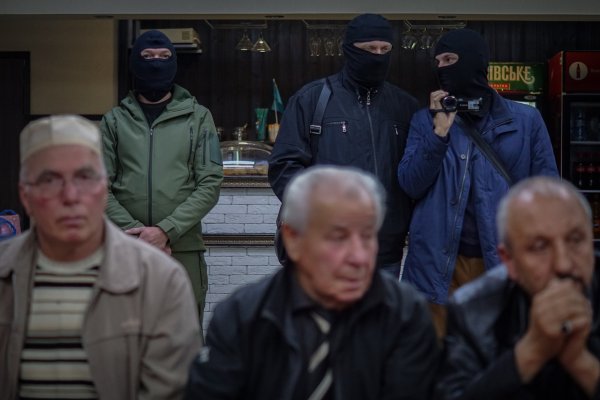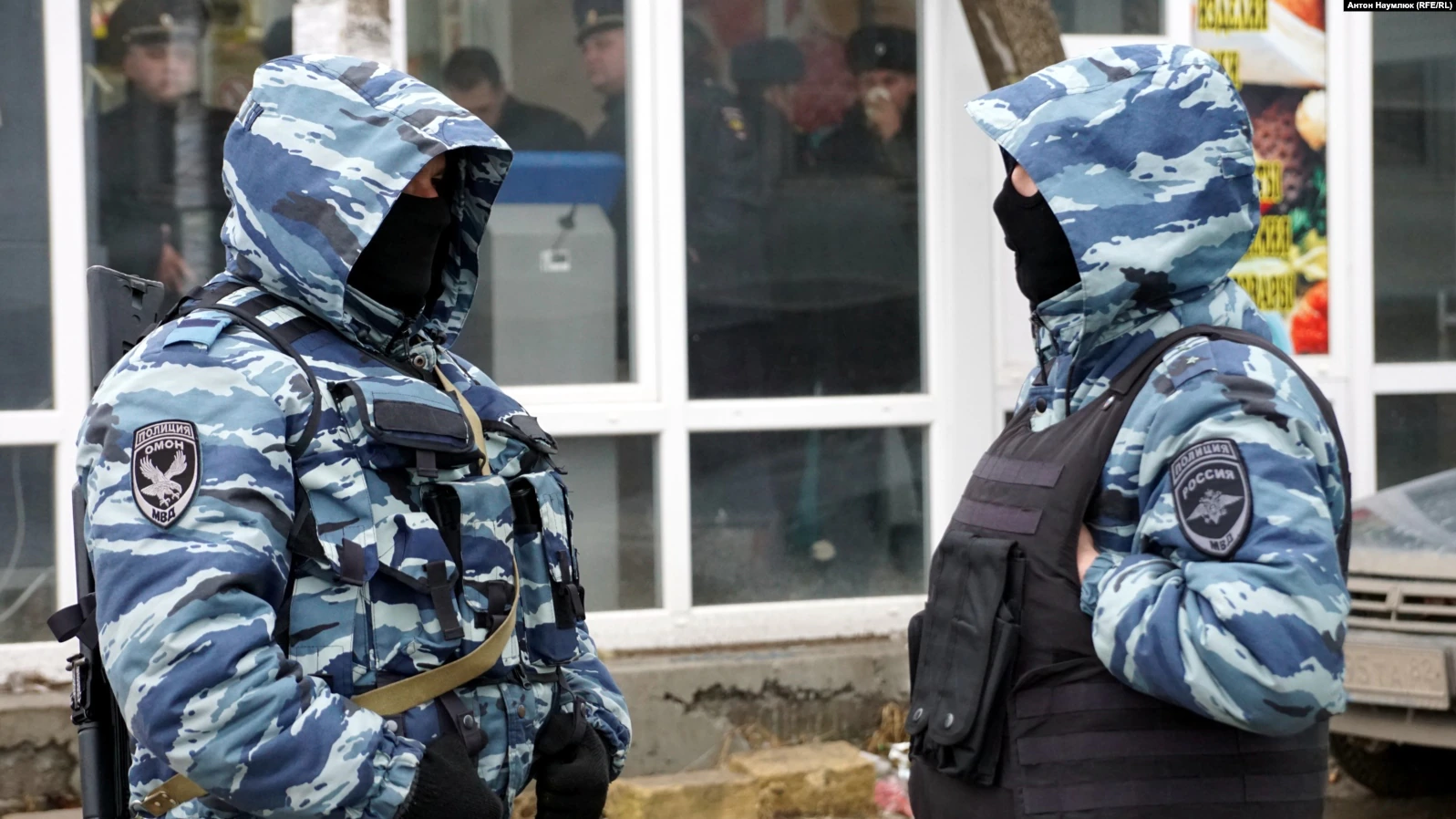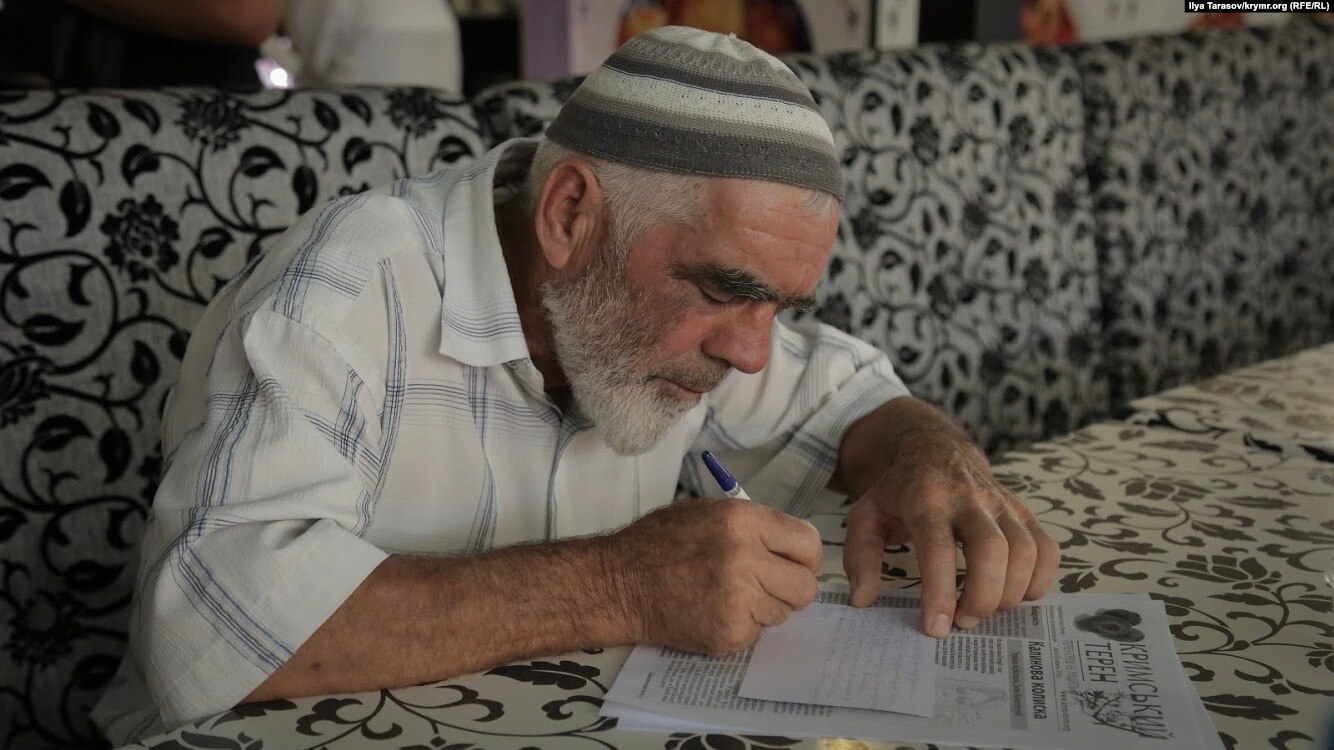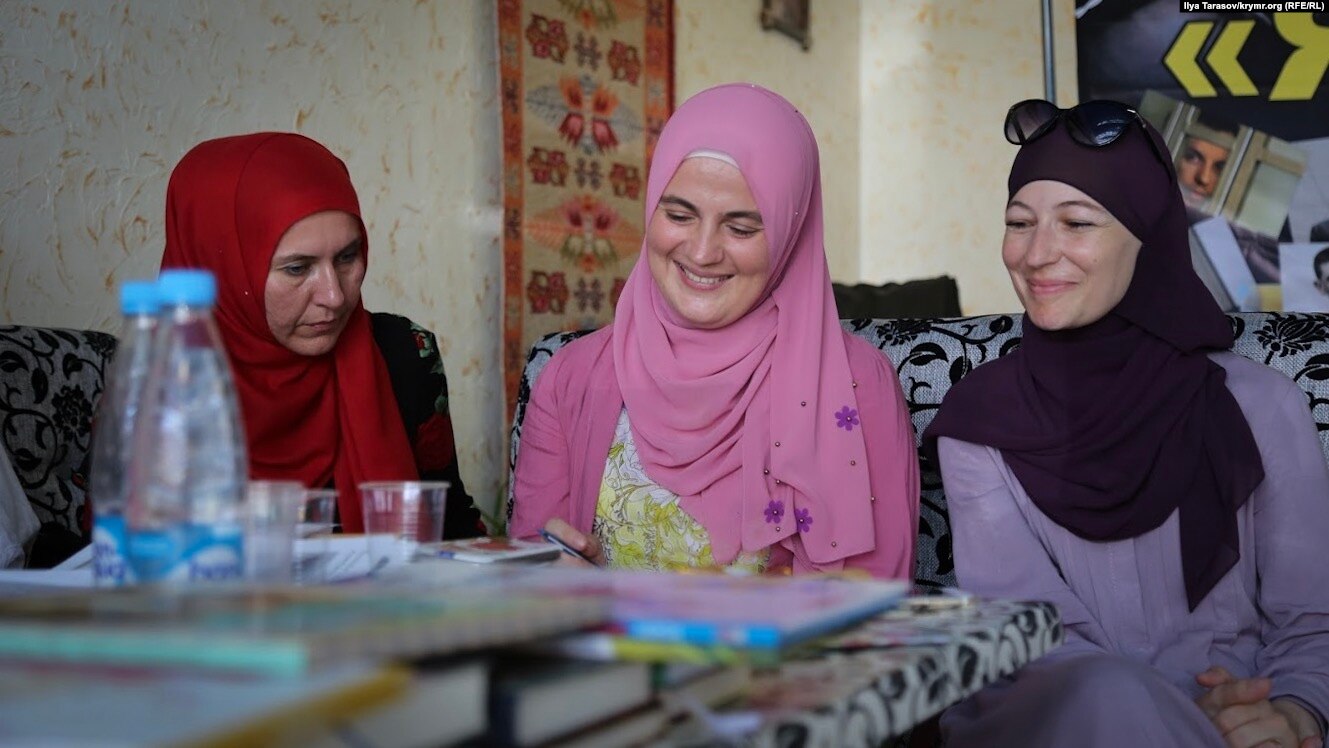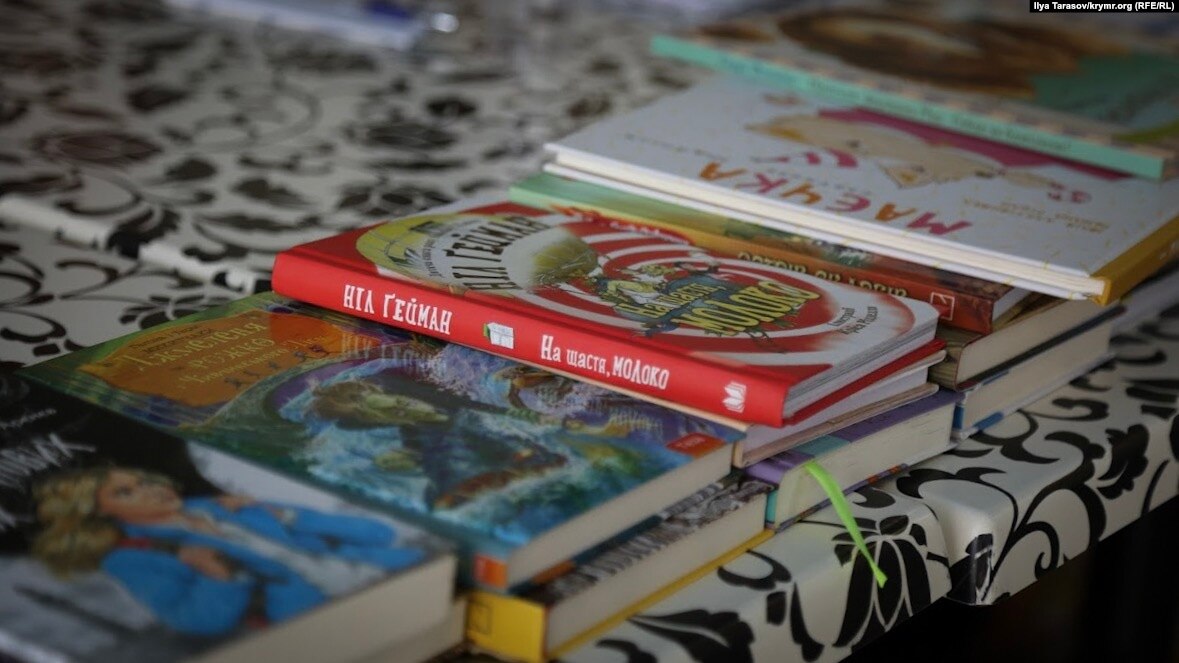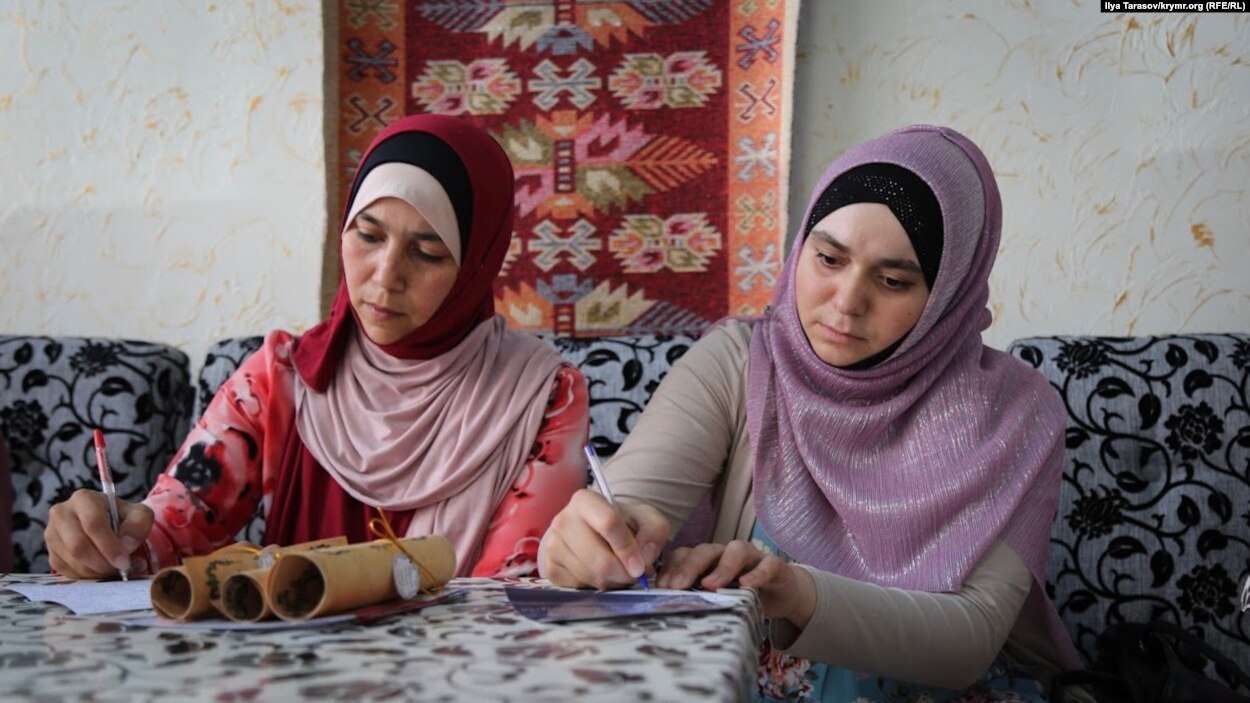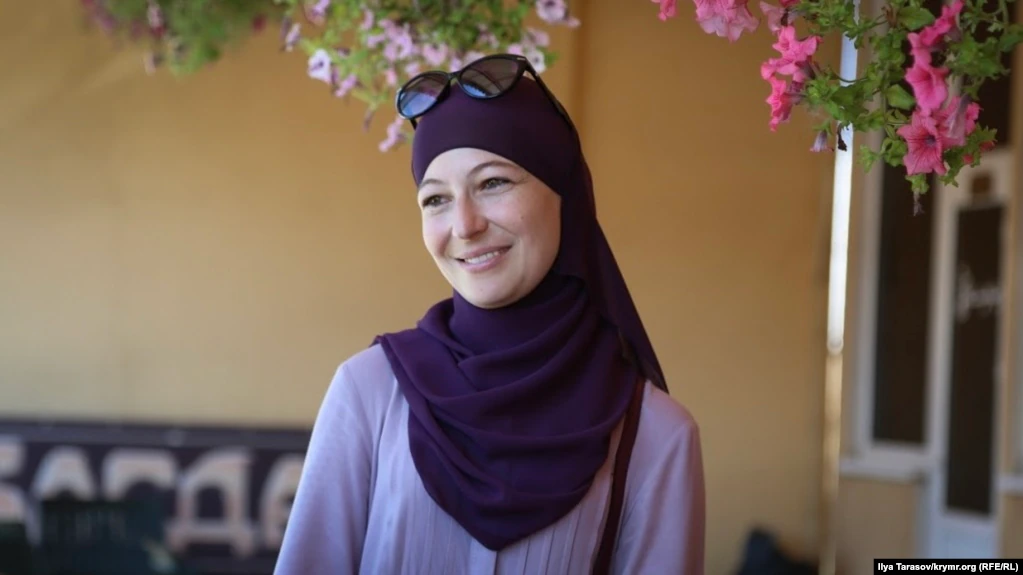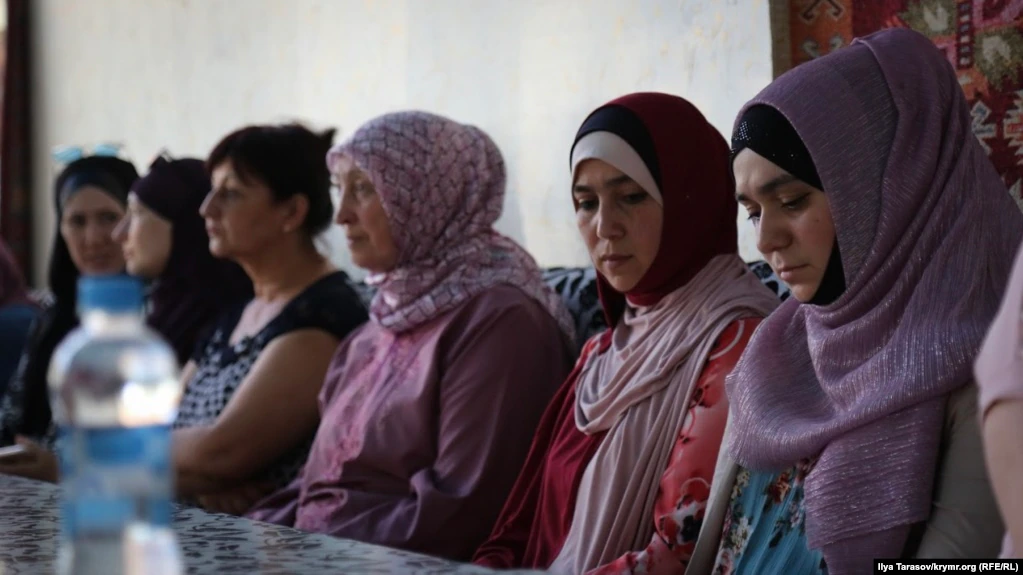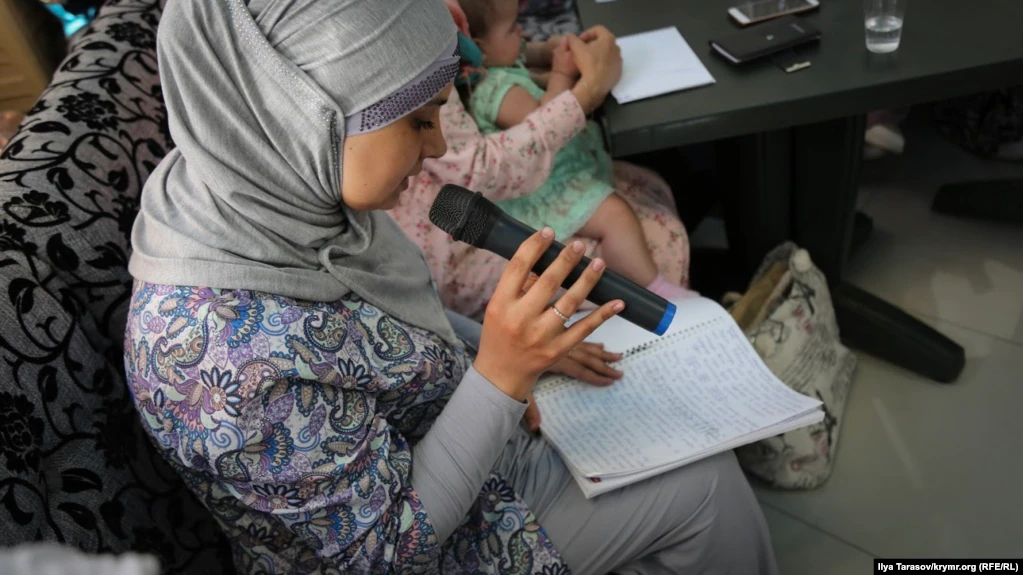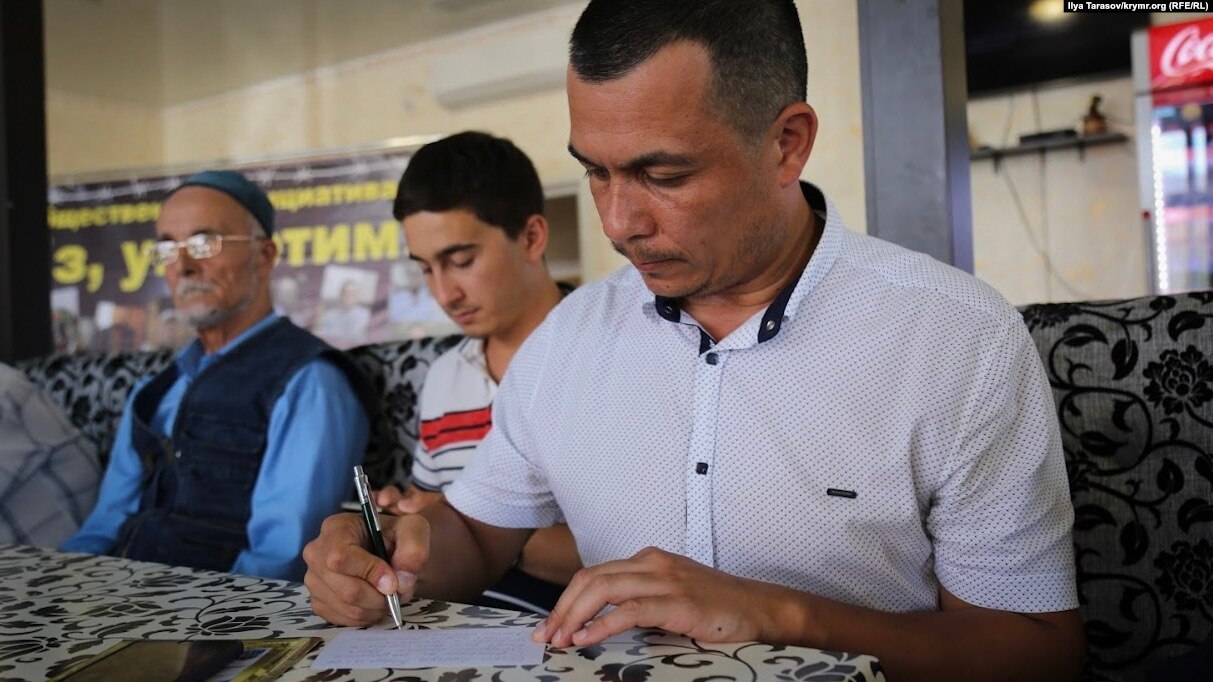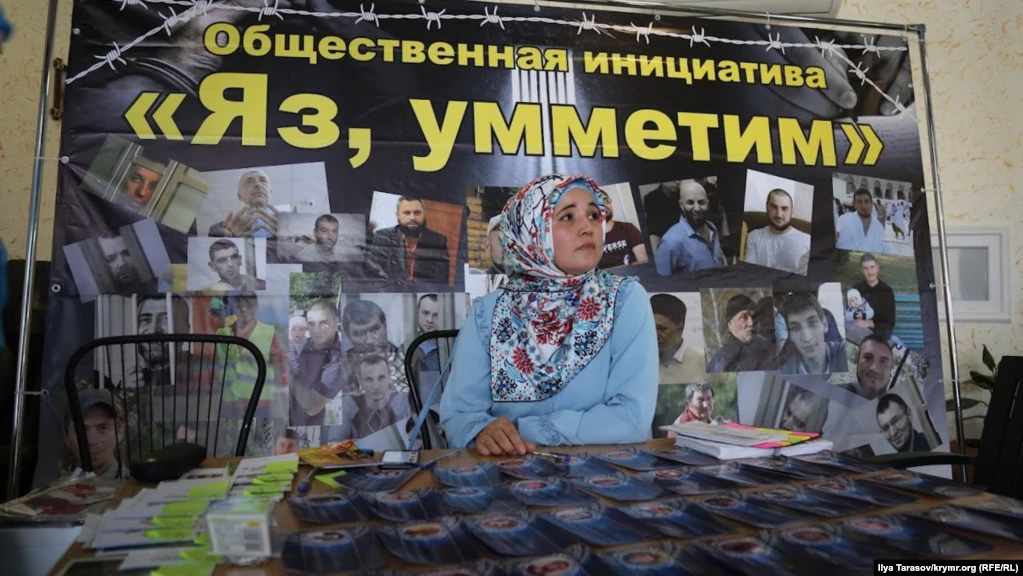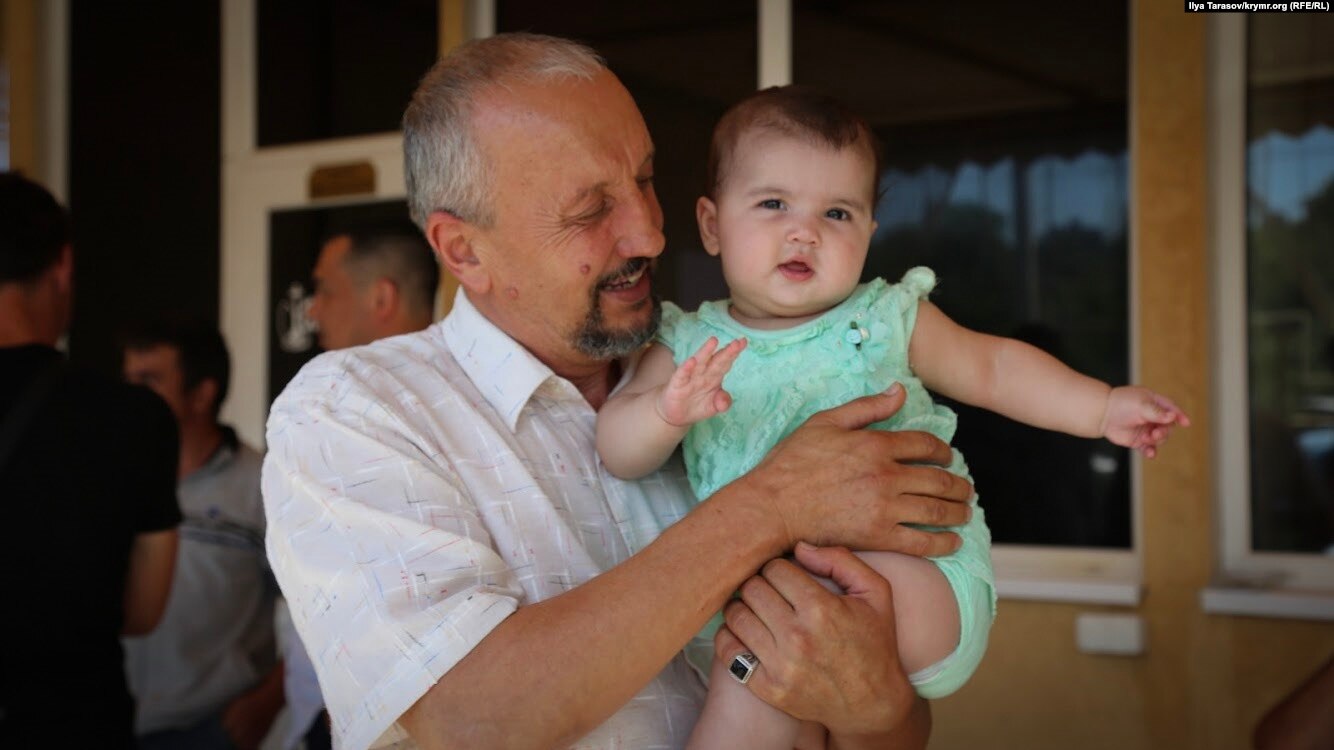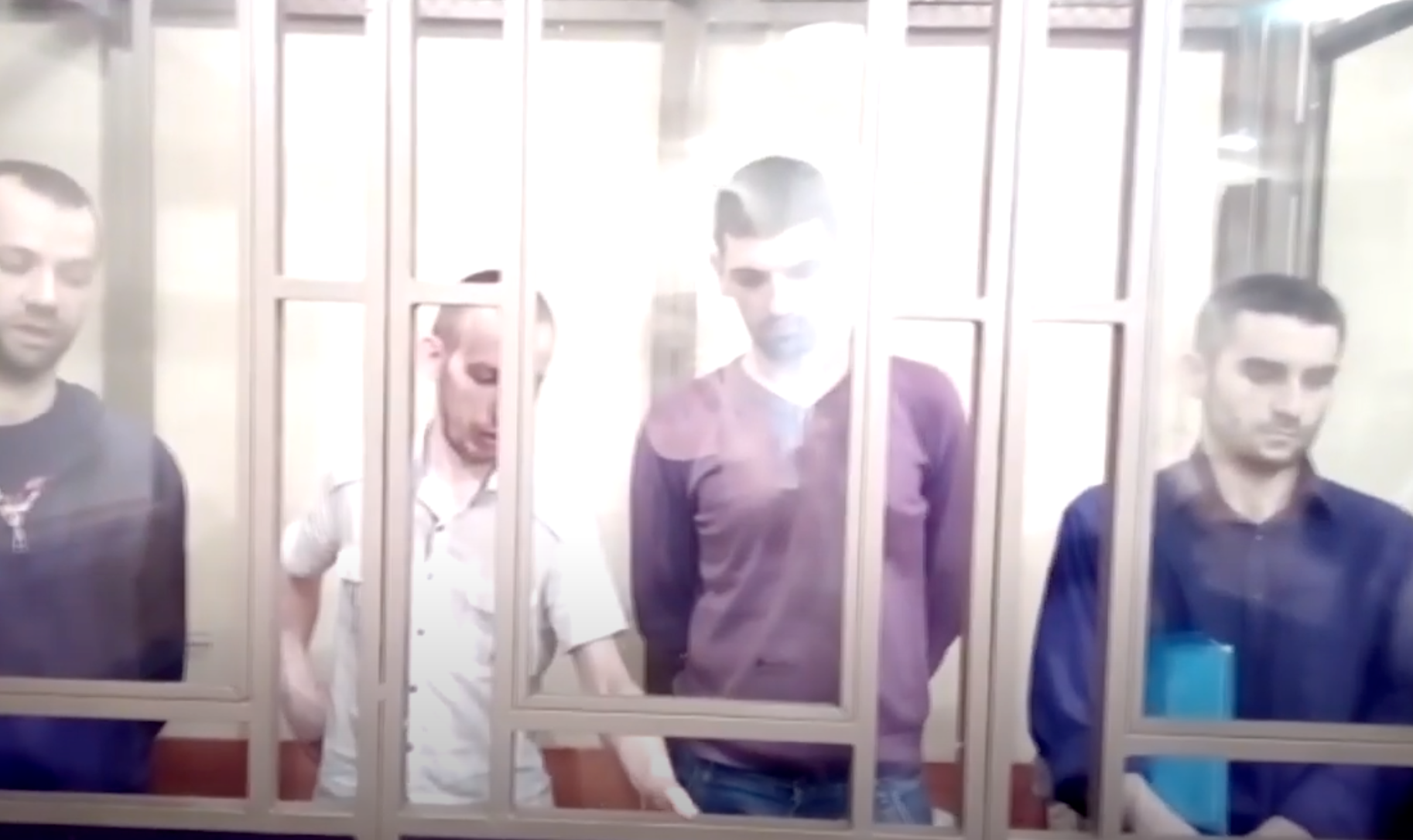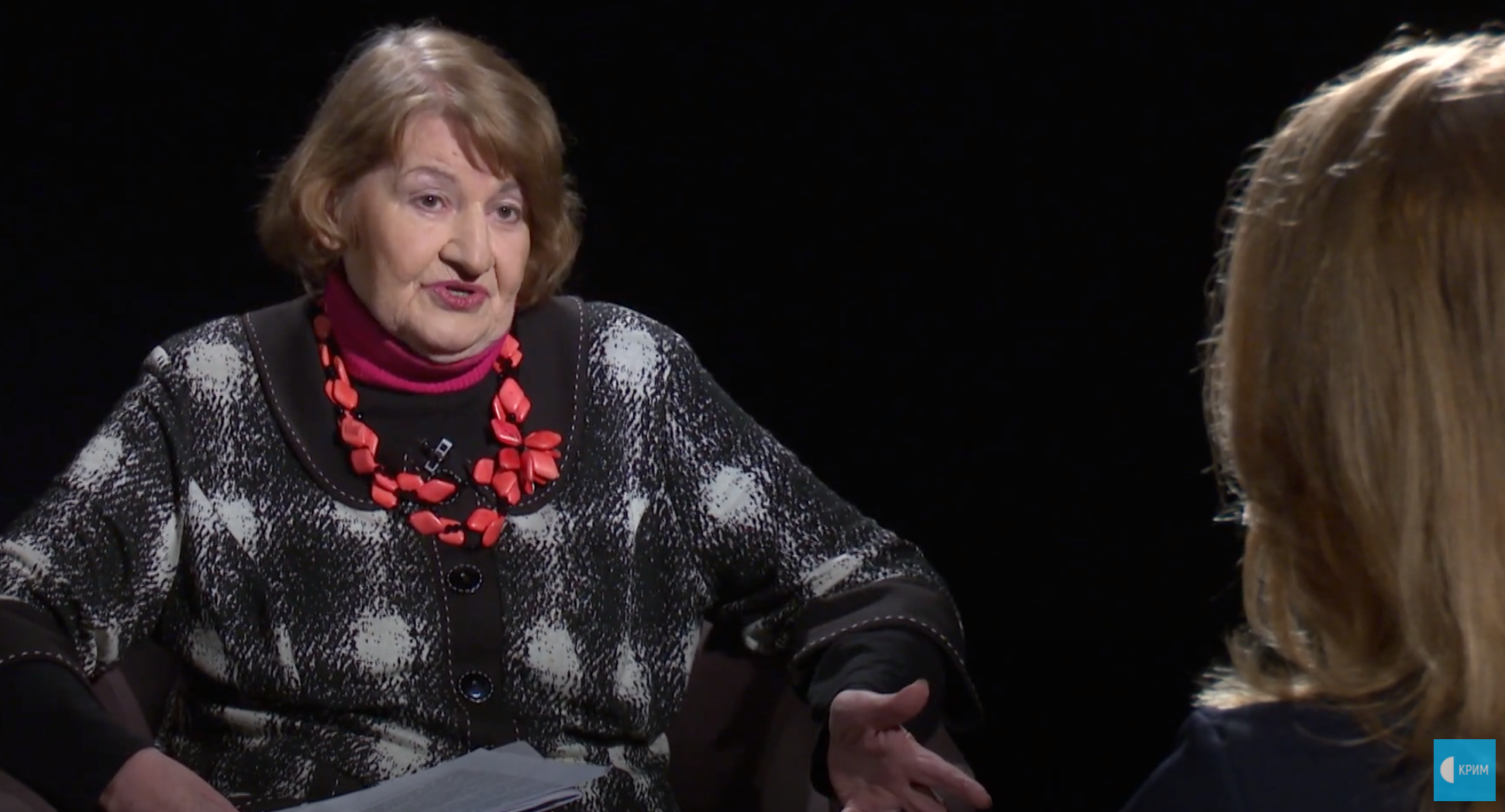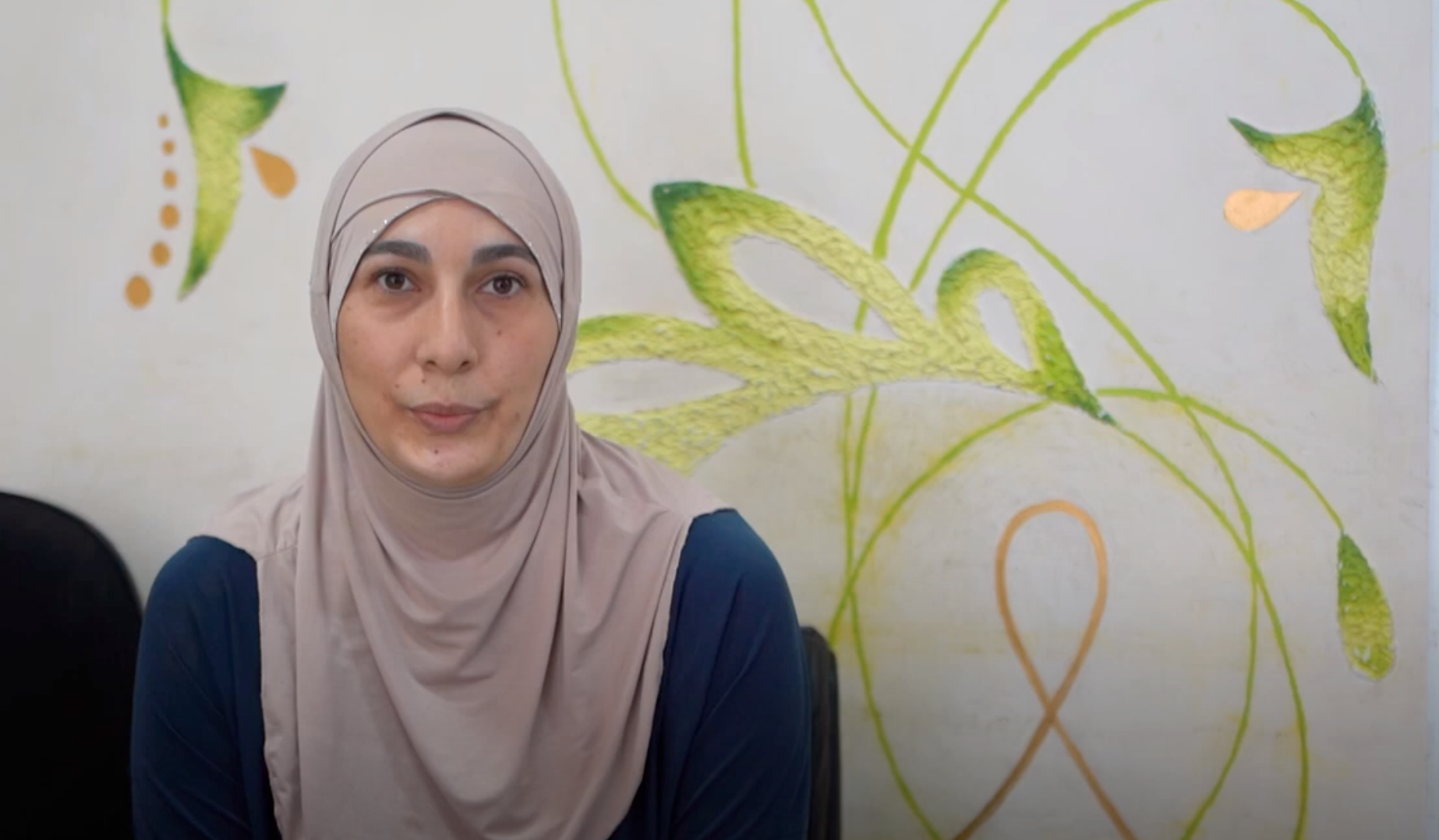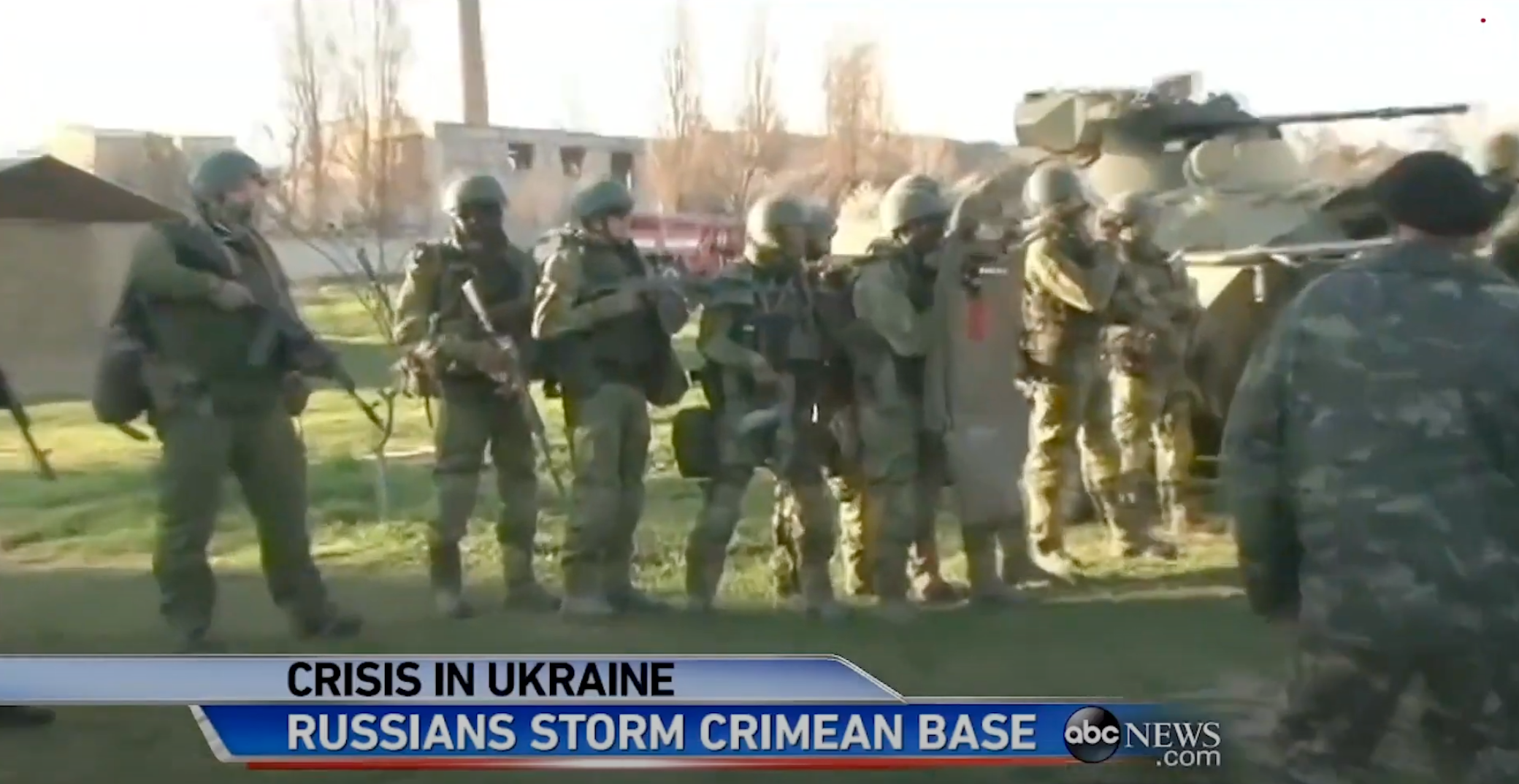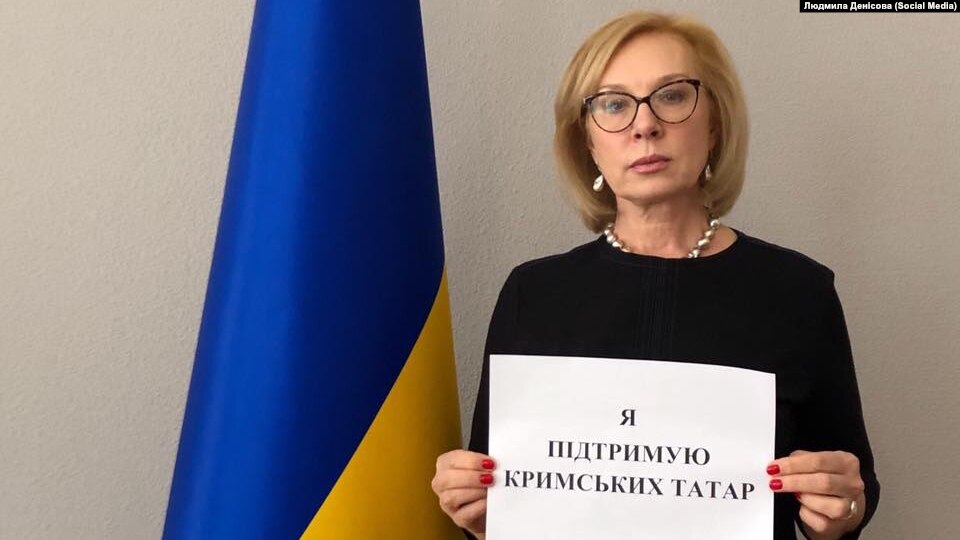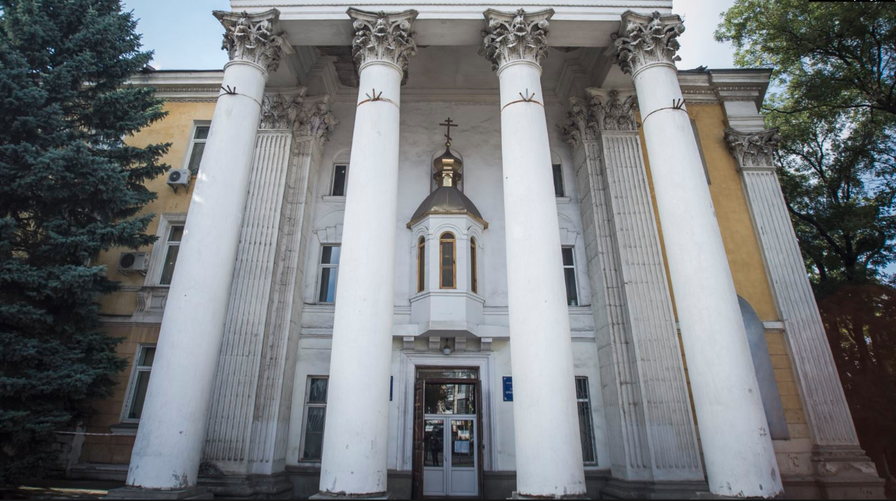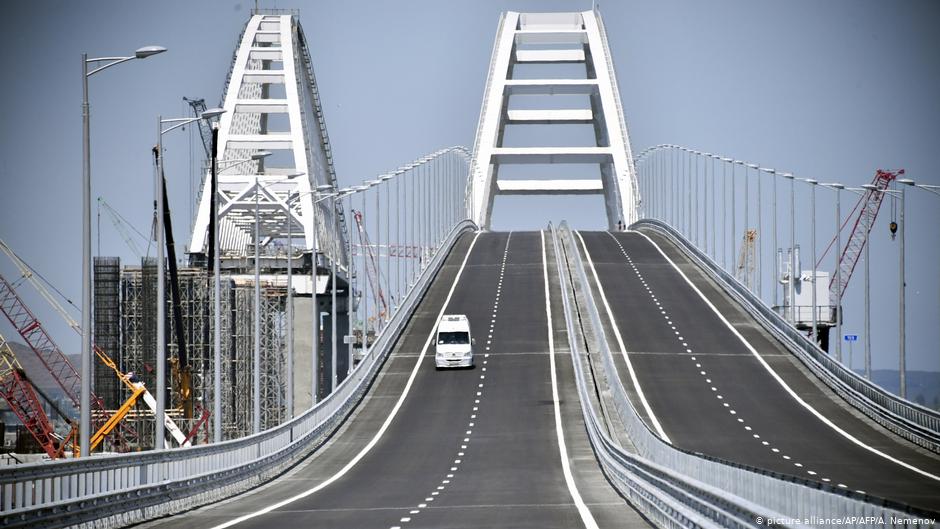The above episode is just a part of one day in the life of the Crimean Solidarity, and it does not reveal the full scale of its activities but evidences the endurance and confidence acquired by its members.
In addition to continuing and intensifying open repressions [8] against the members of the Crimean Solidarity, the occupation authorities are looking for more means to intimidate its participants as much as possible and to discourage others from participating in its activities and providing support [9].
However, as far as the CS is concerned, the repressive machine failed to reach its goal, and in fact suffered a defeat: on the same day, human rights activist Abdureşit Cepparov made a statement that the activists did not intend to stop their meetings due to the increased attention from the Russian security forces [10]. No further harassment, searches, arrests, incredibly harsh sentences with prison terms of up to 20 years imposed on people who did not commit any crime would break the CS. On the contrary, the number of activists and the level of support continue to grow. Says one of the coordinators of the CS Server Mustafayev, "It is now clear to me there will always be others ready to carry on the cause. Arrest ten men - a hundred will come out" [11]. The fate of Mustafayev himself is quite telling: on 05/21/2018, i.e. a few months after this interview, his house was searched and the activist was arrested. In addition to the standard accusations of participation in the activities of a terrorist organization (Part 2 Article 205.5 of the Criminal Code of the Russian Federation), one more charge was brought against him on 02/22/2019: a violent coup conspiracy (Article 278 of the Criminal Code of the Russian Federation). On 09/16/2020, a military court in Rostov-on-Don sentenced the human rights activist to 14 years in a maximum security facility [12].
But even after the large-scale attack on the CS on March 27 and 28, 2019 [13], yet another assembly convened in the overcrowded hall on 03/31/2019. The assembly made the following statements: "The Crimean Solidarity stands for the Crimean Tatar people and all those who join the peaceful resistance in Crimea. Our 24 friends, brothers, colleagues are not with us today. But tens and hundreds of people came instead." (Mumina Salieva). "... Solidarity means dozens coming to take the place of one arrested person. And if something else happens in Crimea, I know for sure: the people will come out in support." (Alexandra Krylenkova ). The CS, initiated by the Crimean Tatars, who had their own strong traditions within the movement for repatriation from the places of deportation, turned into the main center of peaceful resistance to the occupation, gradually drawing in and consolidating all other dissidents.
At present, the investigative department of the Main Directorate of the National Police of Ukraine in the Autonomous Republic of Crimea and the city of Sevastopol is carrying out a pre-trial investigation in criminal proceedings on the counts of illegal detention and violation of the right to private life and home on the temporarily occupied territory of the Crimean peninsula committed against public activists of the Crimean Solidarity Seyran Saliev, Enver Seytosmanov Server Mustafayev, Ernest Seytosmanov, and Edem Smailov as constituting criminal offenses under Articles 146, 162 of the Criminal Code of Ukraine.
With its developed network of public journalists, bloggers and streamers, the CS has become the main source of information about violations of human rights and freedoms in Crimea – the information that is further used by the Ukrainian authorities, professional Ukrainian and foreign journalists, and by international organizations. Prompt publicity, video and photo coverage of each new repressive action in some cases can help defend justice and prevent brutality. Successful self-organization of peaceful resistance, instant mobilization in everyday resistance and real support by courageous Crimeans for all those who need it, turned the Crimean Solidarity into a powerful community capable of effectively resisting the repressive occupation regime.
The CS phenomenon is, indeed, unique in the history of nonviolent resistance movements. In just a few years, the CS has received recognition and gained popularity that no other similar movement in the modern world could match. In December 2019, the Crimean Solidarity was specifically mentioned in a UN General Assembly Resolution [14], which is a very rare phenomenon. The Crimean Solidarity is referred to, cited, and written about by the world's most prestigious media.
 Sudak, halal canteen, 14 Uchiteley street. Formerly, Akademika Sakharova street, renamed by the occupation administration.
Sudak, halal canteen, 14 Uchiteley street. Formerly, Akademika Sakharova street, renamed by the occupation administration.
 2018-01-27
2018-01-27
